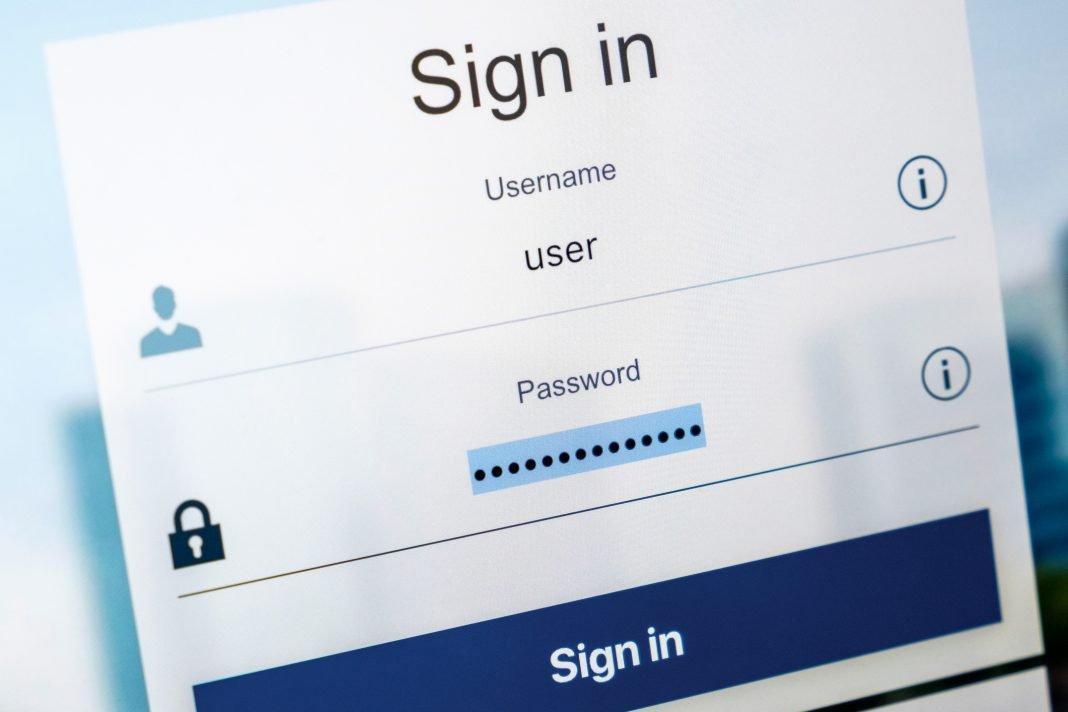Facebook announced in a blog post on November 5th that it blocked 115 accounts on its platforms after being informed by law enforcement that they may have been “engaged in coordinated inauthentic behavior.”
Roughly 30 of the Facebook accounts blocked were from Russian or French speakers, with the remaining 85 on its Instagram platform being in English. According to the company, the content posted by the blocked accounts was focused on politics and celebrities.
Given Facebook’s 20,000+ employee-strong “war rooms” set up to block political interference, an announcement of 115 blocked accounts less than 24 hours before the midterm elections is underwhelming to say the least. Consider recent research conducted by Jonathan Albright at the Tow Center for Digital Journalism. Albright “found an alarming number of verified Pages, including Pages running large political ‘ad’ campaigns being managed by foreign accounts.” Albright’s conclusion: “Facebook’s political ad transparency tools — and I mean all of them — offer no real basis for evaluation.”
The 115 blocked accounts announced looks even more paltry in light of Vice’s findings when one of their reporters submitted ads promoting Mike Pence and ISIS that were approved by Facebook, as well as direct copies of ads placed by Russian agents during the 2016 election season.
In short, Facebook has a long way to go both as a company and a platform before it’s in a position to be patting itself on the back for its efforts to root out election interference. Until then, its users would do well to continue to view content and ads on the site with caution.










